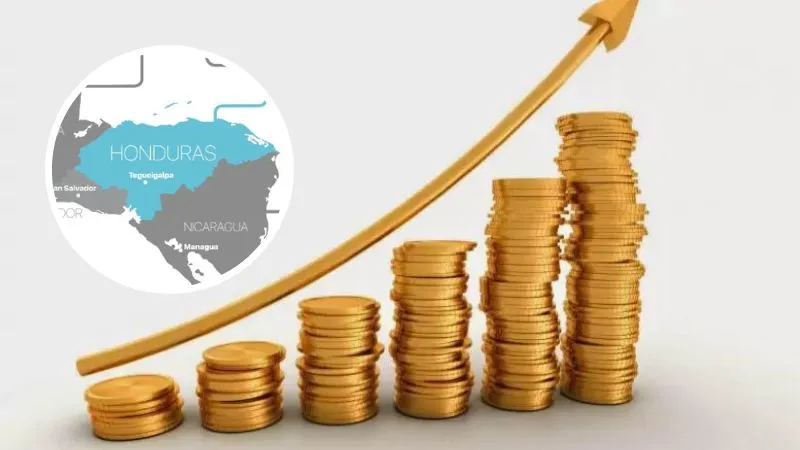American Capital Financial finances marine fuel in Mexico

More benefits for the cocoa industry in Ecuador
22 de March de 2023
Non-traditional agriculture and the mining sector, the key industries for Peru’s exports
3 de April de 2024The Gulf of Mexico has become one of the most important deepwater basins in the world. The basin, which currently produces 15% of US crude, has the potential to provide up to 2 million barrels per day (bpd) of new supply sources needed by 2040, McKinsey & Company says in a report published recently in 2022.
In deep water, the Gulf has one of the lowest estimates of emissions per barrel in the world, behind Saudi Arabia and the United Arab Emirates and the deep-water North Sea basin, which includes the coasts of Norway and the United Kingdom.
This causes large and ambitious companies to be motivated to continue pumping oil and gas in the area. Some of these have announced zero emission, a highly relevant issue for climate change.
American Capital Financial has just closed an operation with a Mexican company that has been part of the sector for 14 years, for a credit order of $10,000,000 to finance the distribution and commercialization of marine fuels for ships, platforms and fluid plants.
This company has become the main supplier of marine diesel in Mexico, with 70% of the market in the Gulf of Mexico and 30% of the national market by offering a comprehensive fuel supply service on the high seas, which includes since the change of personnel shift until the transfer of materials to platforms and ships. The company has entered into contracts with major companies such as Eni, Samsung Engineering, Baker Hughes and Halliburton.
Although Mexico has been positioned for years as one of the key countries for the production of this type of fuel, it is facing the challenge of having to refine it as of 2025 due to the high carbon emissions it causes. Executing this new plan has become a vital necessity for shipping and the fight against global warming.




